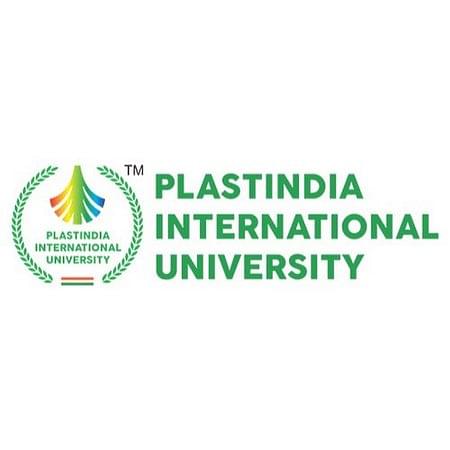Introduction
to LLM in Maritime Law
The LLM in Maritime Law
is a specialized postgraduate program designed to provide in-depth knowledge
and expertise in the legal aspects of maritime activities. This program is
ideal for law graduates, practicing lawyers, and legal professionals who wish
to specialize in the complex and dynamic field of maritime law. Maritime law
encompasses a wide range of topics, including shipping, navigation,
international trade, marine insurance, and environmental regulations related to
the sea.
Objectives
The primary objectives of
the LLM in Maritime Law program are to:
Provide comprehensive
knowledge of maritime law principles and practices at top college in India.
Develop advanced legal
research and analytical skills.
Equip students with the
ability to navigate the complexities of international maritime regulations.
Prepare graduates for
specialized legal careers in the maritime and shipping industries.
Admission
Process for LLM in Maritime Law
Eligibility
Criteria:
Academic
Qualifications: A first degree in law (LLB or equivalent).
Some programs may accept graduates from other disciplines if they demonstrate
relevant experience or interest in maritime law.
Minimum
Grade: Typically, a minimum of a
second-class upper division (2:1) or equivalent in the undergraduate law
degree.
Professional
Experience: While not always mandatory, relevant work experience in the legal or
maritime field can be an advantage.
Language
Proficiency: Non-native
English speakers may need to provide proof of English proficiency through tests
such as IELTS or TOEFL.
Application
Process:
Online
Application: Complete
the application form on the institution's website.
Application
Fee: Pay the required application fee, if any.
Supporting
Documents:
Academic transcripts and
certificates.
Proof of identity (passport,
ID card).
Resume/CV.
Statement of Purpose (SOP)
or personal statement detailing career goals and reasons for pursuing the
program.
Letters of recommendation
(usually two or three).
English language test scores
(if applicable).
Entrance
Exams:
Some institutions may
require an entrance examination or may consider LSAT scores for admission.
Interview:
Shortlisted candidates may
be invited for an interview (in-person or online) as part of the selection
process.
Final
Selection:
Admission decisions are
based on academic qualifications, entrance exam scores (if applicable),
interview performance, work experience, and overall application strength at best university in Assam.
Syllabus LLM
in Maritime Law
The LLM in Maritime Law
typically spans one to two years and includes a mix of core and elective
courses, along with a dissertation or research project. Here is a sample
syllabus structure:
Core Courses
Introduction
to Maritime Law:
Fundamentals of maritime
law.
Historical development and
sources of maritime law.
Carriage of
Goods by Sea:
Bills of lading and charter
parties.
International conventions
and regulations.
Legal responsibilities of
carriers and shippers.
Marine
Insurance Law:
Principles of marine
insurance.
Types of marine insurance
policies.
Claims and disputes in
marine insurance.
International
Trade and Maritime Law:
Relationship between
international trade and maritime law.
Sale of goods, trade
finance, and INCOTERMS.
Legal issues in
international shipping transactions.
Admiralty
Law:
Jurisdiction of admiralty
courts.
Ship arrests and maritime
liens.
Salvage, towage, and general
average.
Law of the
Sea:
United Nations Convention on
the Law of the Sea (UNCLOS).
Territorial waters,
exclusive economic zones, and high seas.
Environmental protection and
maritime boundary disputes.
Elective Courses
Maritime
Arbitration and Dispute Resolution:
Arbitration clauses in
maritime contracts.
Procedures and practices in
maritime arbitration.
Enforcement of arbitration
awards.
Port and
Harbor Law:
Legal framework governing
ports and harbors.
Port operations and
management.
Regulatory issues affecting
port authorities.
Environmental
Law and Maritime Regulation:
Marine pollution and
environmental protection best college Assam.
International conventions on
marine environmental law.
Legal responses to
environmental challenges in the maritime sector.
Ship
Finance and Shipbuilding Contracts:
Financing of ships and
shipbuilding projects.
Legal aspects of ship
mortgages and liens.
Contract negotiation and
dispute resolution in shipbuilding.
Dissertation/Research Project
Research
Methods and Legal Writing:
Training in legal research
methodologies.
Advanced legal writing and
citation techniques.
Dissertation:
Independent research on a
topic related to maritime law.
Supervision by a faculty
member with expertise in the chosen area.
Presentation and defence of
the research findings at best university in Assam.












